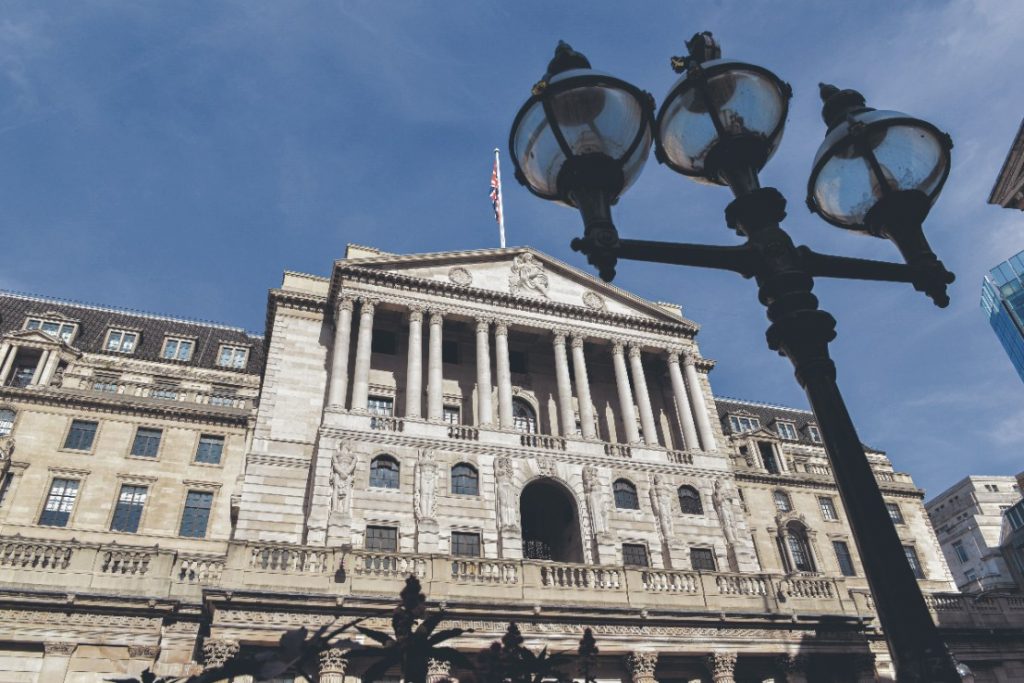The Bank of England trimmed interest rates to 4.5 percent in February, the first of what could be multiple cuts this year aimed at kickstarting the UK’s weak economic growth.
This raises questions about what loosening monetary policy could mean for savers’ finances.
The BoE now expects GDP growth “to be notably weaker in the near term before picking up from the middle of the year”, said BoE governor Andrew Bailey on February 6.
The central bank halved its UK economic growth to just 0.75 per cent for this year.
In January, Alan Taylor, an external member of the MPC, told Leeds University Business School that the UK could “need a more accelerated pace of rate cuts, perhaps 125 or 150 basis points in the coming year”.
Falling interest rates may affect a number of key personal finance issues, including mortgage rates and savings returns. A lowered cost of borrowing could help to free up disposable income and lift consumer spending.
Good news for mortgages
Interest rates in the UK sat at historically low levels in the years following the financial crisis, eventually rising from a low of 0.1 per cent in 2021 to 5.25 per cent in 2023.
Soaring post-pandemic inflation and former prime minister Liz Truss’s ill-fated ‘mini-budget’ have been blamed for rising borrowing costs in the UK.
A sustained lowering of interest rates could provide new mortgage opportunities for savers. “Homeowners nearing the end of a fixed-rate mortgage or those currently on a variable rate may benefit,” says Daniel Howard, paraplanner at GSB Wealth.
“Fixed-rate mortgage holders may have the option to refinance at a lower rate, while those on variable rates will likely see an immediate reduction in their monthly payments,” he continues.
Bad news for savings
When announcing its latest interest rate cut, the BoE said that it expected inflation to increase to a peak of around 3.7 per cent this year, before returning to its 2 per cent target. Inflation currently sits at 2.5 per cent.
Cash Investment Savings Accounts typically offer more compelling savings rates in an environment of higher interest rates. Arthur Hill, chartered financial planner at Citygate Financial Planning, urges savers to keep savings products under review.
“A lot of people will let banks and interest rate savings accounts roll over, and they won’t be necessarily aware that they’re going to get renewed on a much lower rate, especially with fixed-term products,” he says.
“Keep an eye on when products are going to mature, and think about securing a higher interest rate now while they’re still available.” Savers can use websites like Money Saving Expert to compare rates.
Lower interest rates – among other factors – can push up spending, leading to higher inflation that eats into cash savings.
Joe Akik, wealth manager at Capital Planning Partners, emphasises the importance of “making sure your money’s doing something”. Savers should weigh up whether to move some of their savings from cash into investments, in order to prevent them being eroded away by inflation, he says.
“The best rate you can get on an account is constantly changing,” Akik says, although he warns that “you don’t really want people to be moving their savings around too much”, particularly older clients.
